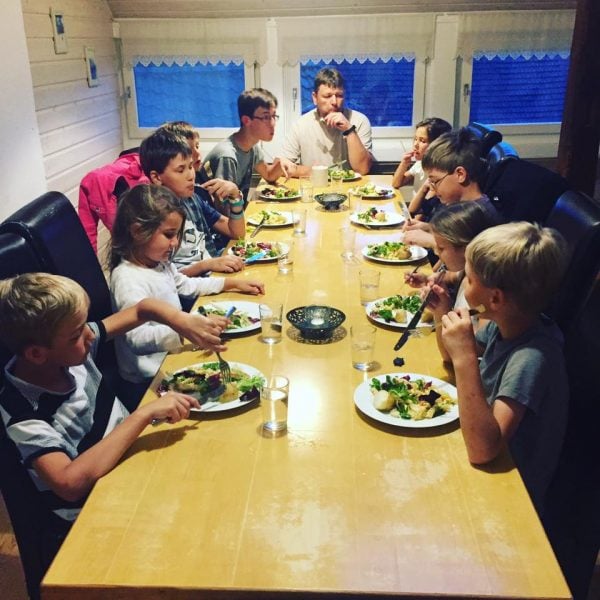Tania and Mike Sullivan home educate, work remotely on their business and travel extensively with 10 of their 13 children, believing strongly that the best way to learn about the world is to experience it for yourself…
We have been home educating for a number of years now and still the most frequently asked question is: ‘What about socialisation?’
I am sure we aren’t the only home educating family to be asked this. In fact, I am prepared to wager everything I own that it’s the most frequently asked question for most, if not all home educators.
My short answer would be: ‘Well, what about it?’
But perhaps you would appreciate a little more explanation on why socialisation isn’t an issue.
Those unfamiliar with home education are very quick to assume that home educators are at a serious disadvantage compared to school children. So many up-in-arms comments have been made regarding the appalling lack of socialisation which they must endure, with demands to send them to school so that they know how to live in ‘the real world’.



Top Comments
I'm still wondering which which one stuck that chewing gum under the desk - there is always one in a classroom. Let the sibling feud begin!
Actually, a lot of workplaces are exactly like school. You get told when to come in, you get told when you can have lunch and you get told what to do. Most workplaces aren't some wonderful flexible place where you can just do whatever you want after a friendly negotiation with your boss.
I've worked with a couple of people that were homeschooled and, quite frankly, they didn't really cope with the rigidity of a formal workplace. They couldn't deal with having to come in every day and sit at their desk solidly working, or being instructed on what to do by someone who wasn't prepared to negotiate on essential tasks.
While I'm sure homeschooling works for some people, like AJ above, I think this article's arguments are based on some pretty flimsy ideas of what school and work are actually like for the vast majority of people.